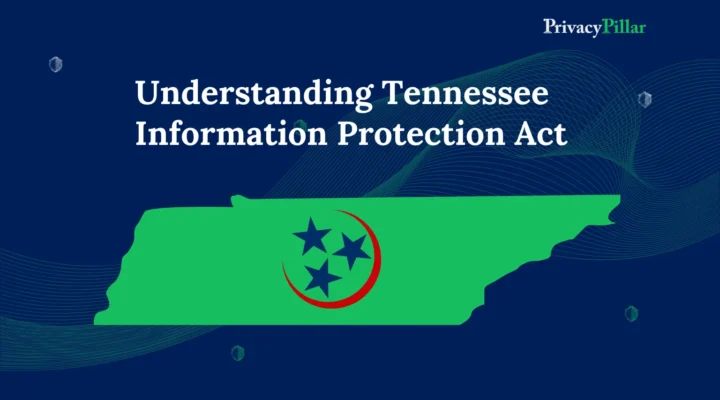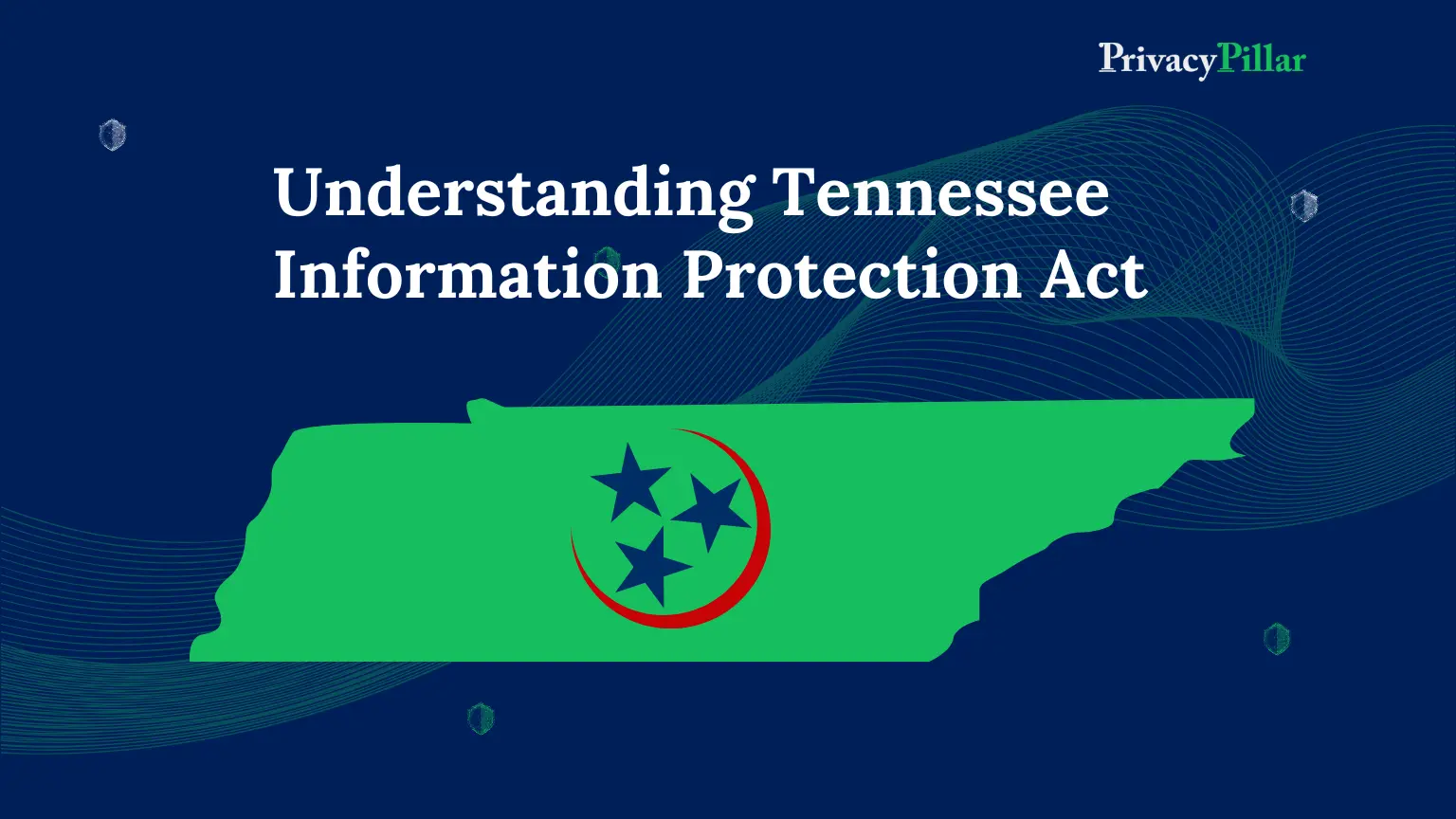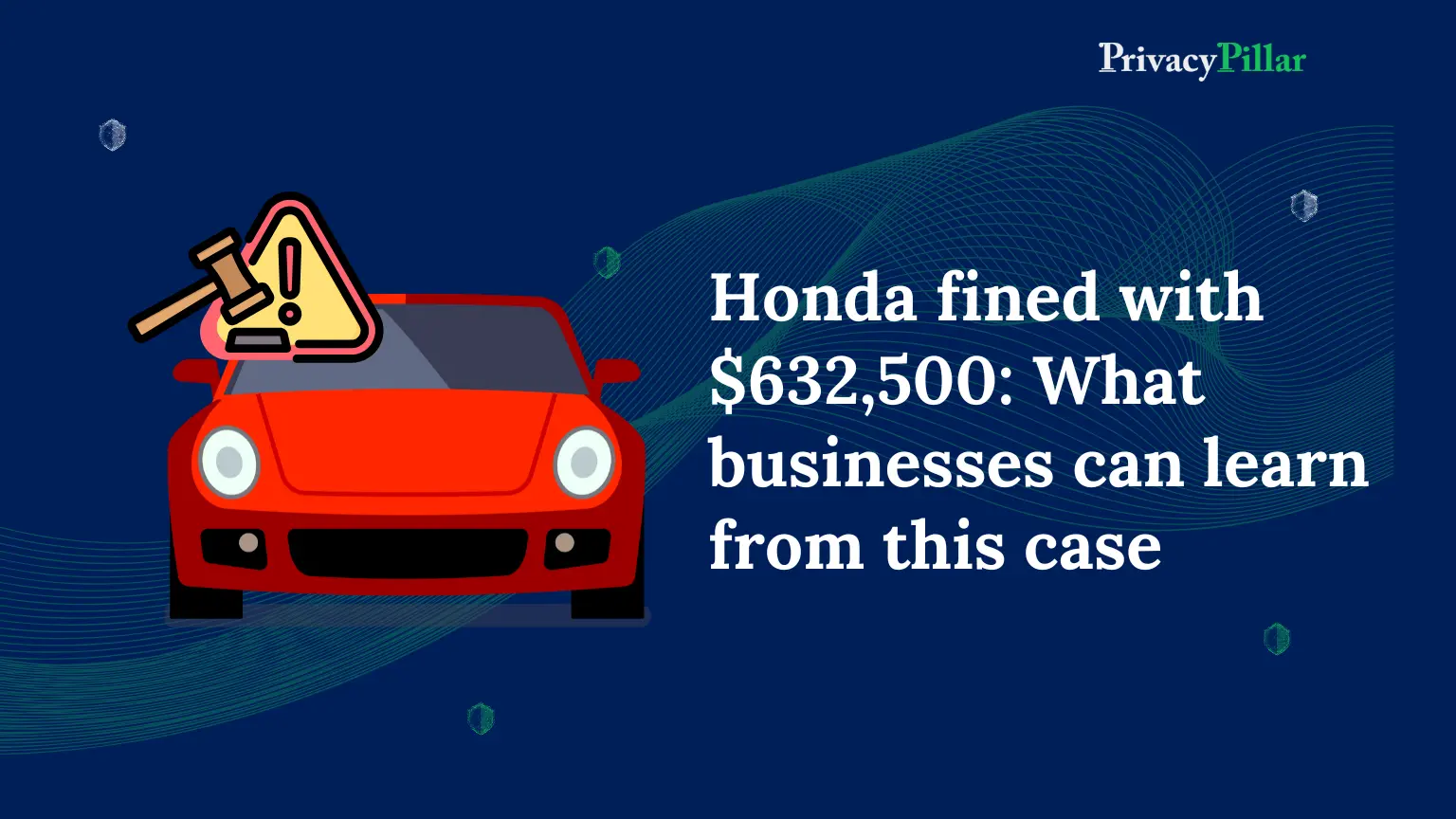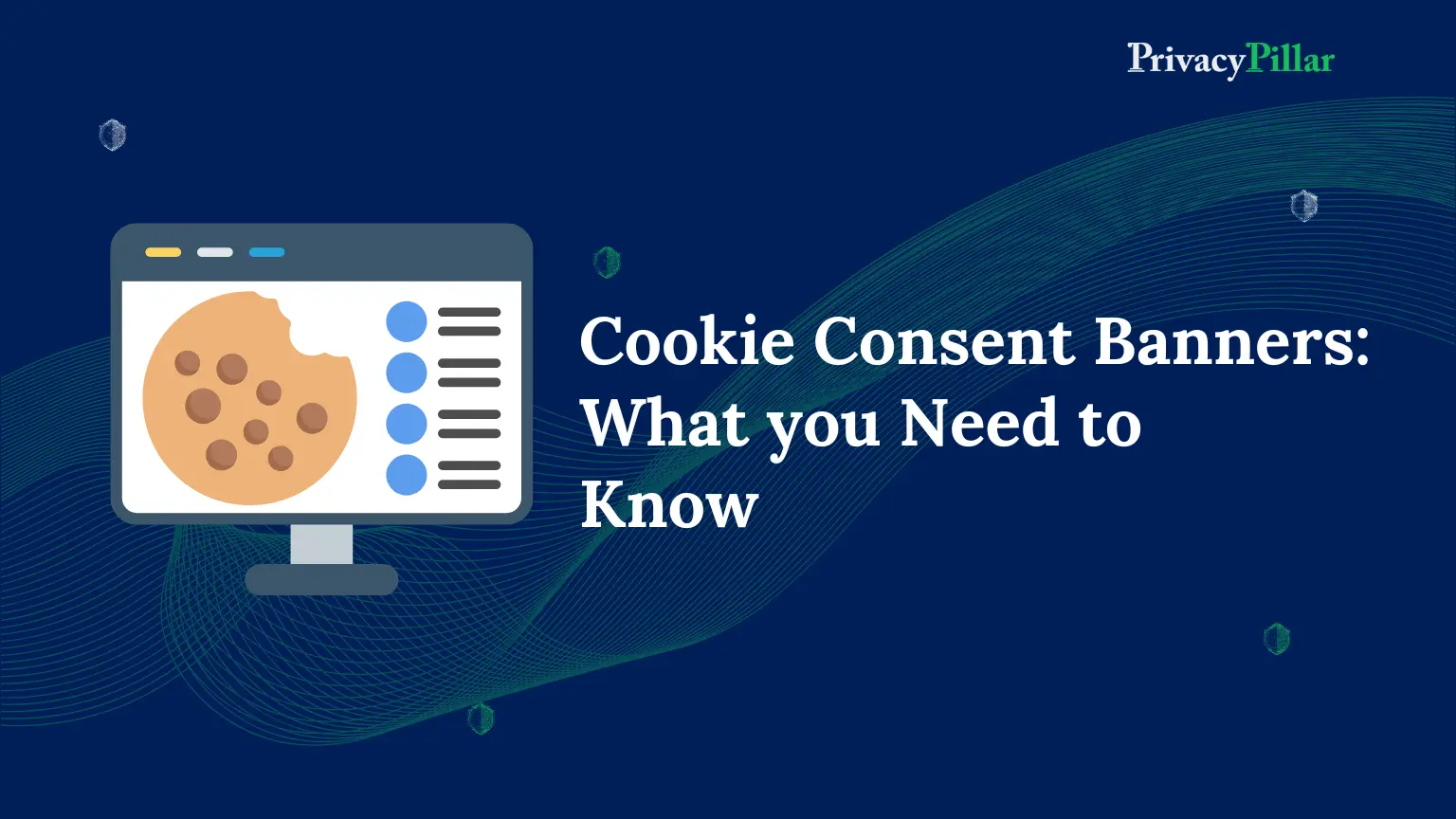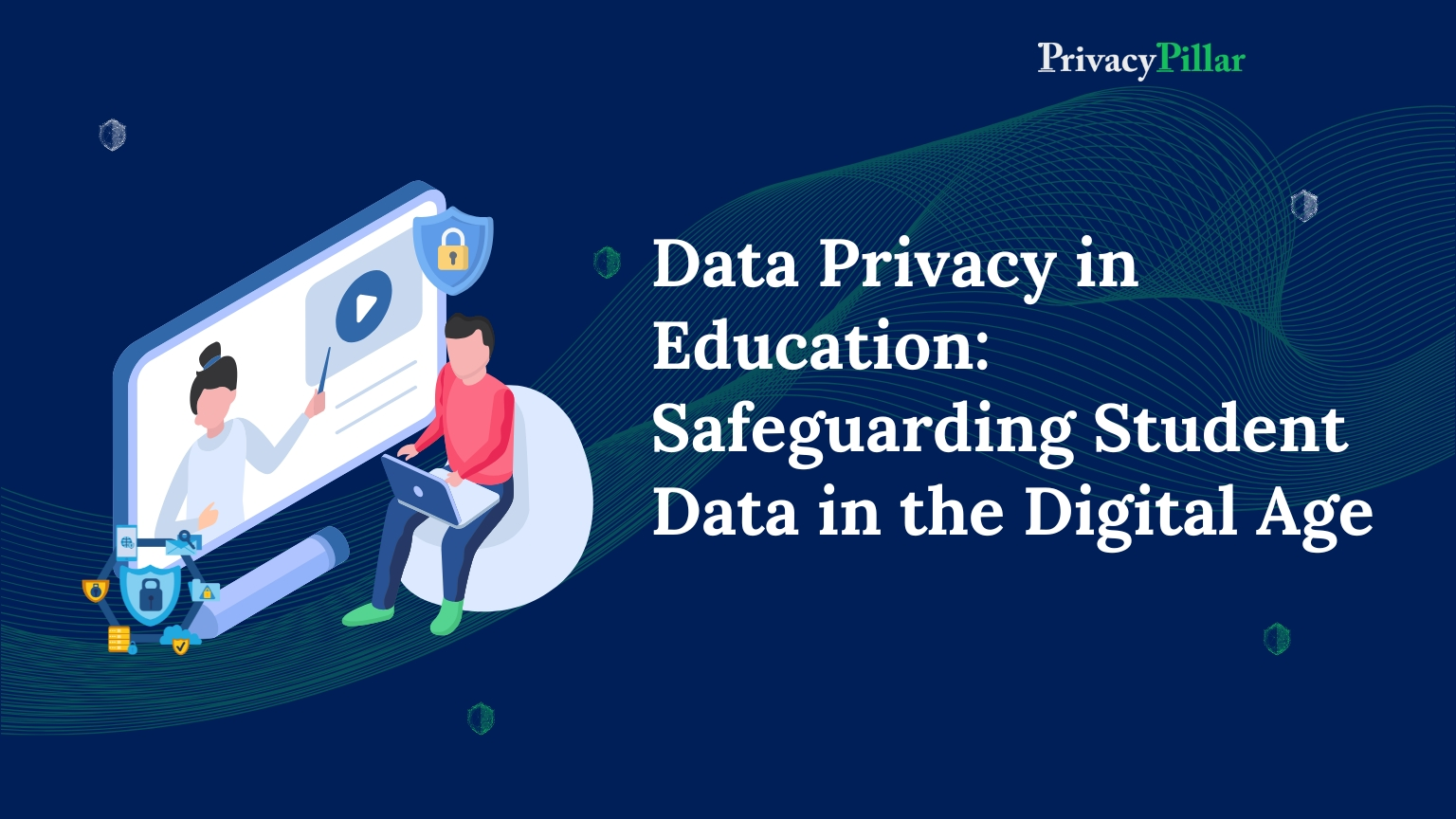
Data Privacy in Education: Safeguarding Student Data in the Digital Age
Complying with data privacy in education sector has become crucial as technology, like online learning and personalized tools, has become more common in education. Protecting student data is very important, and educational institutions and ed-tech companies need to focus more on protecting this data. Laws such as FERPA and COPPA in the U.S. and GDPR in the EU are enacted to protect consumer’s privacy. However, following these laws while dealing with remote learning and AI can be challenging. This article looks at the risks to student data privacy, explains how schools can comply with data protection laws, and suggests practical solutions to reduce privacy risks.
The Risks of Data Privacy in Education
Educational institutions and online platforms collect a lot of student data that includes basic information like names and contact details as well as sensitive information such as their grades, behavior records, and even biometric data. With the reliance on technology, these datasets have high risks from various threats, including:
Data Breaches
Data breaches occur when unauthorized people get access to student information. The hackers may target educational institutions as they have a lot of personal data in their systems and these breaches can lead to identity theft, fraud, or the harmful use of student information.
Lack of Encryption
Student data can be hacked without a strong encryption system. Many educational institutions, especially those with limited budgets, do not invest in encryption technologies, which can put student data at risk of unauthorized access during the transmission or storage.
Inadequate Data Access Controls
In many cases, sensitive student data is not protected properly, which allows people inside the institution or outside parties to access information they should not and can lead to misuse or sharing of data without consent.
Third-Party Vendors
Educational institutions partner with third-party ed-tech vendors for the collection, storage, or processing of the student data. If these vendors do not have strict privacy practices, then it may cause unauthorized access or breaches to the student’s personal data.
Compliance with Data Privacy Laws
To address these risks, various laws and regulations have been enacted to ensure compliance with data privacy requirements by educational institutions and technology providers.
Compliance with Data Privacy Laws
Educational institutions manage upholding data privacy standards set by various regulations. Each law mandates different compliance measures, to protect the minors and students personal and sensitive data. Here are the primary regulations with their key requirements for educational institutions:
FERPA (Family Educational Rights and Privacy Act) – United States
FERPA was enacted in 1974. It is a federal law that protects the privacy of student education records in the U.S. and applies to all schools receiving federal funds.
- Rights Granted: FERPA provides parents the right to access and control their children’s educational records. Once a student turns 18 or enters post-secondary education these rights are transferred to the student who becomes an “eligible student.”
- Consent Requirements: Schools must obtain written consent from parents or eligible students before sharing personally identifiable information (PII) from education records, except under specific circumstances like health and safety emergencies, audits, or transfers to other schools).
- Annual Notification: Institutions must notify parents and eligible students of their rights under FERPA annually. This includes providing guidance on how to access, review, and request changes to their education records.
- Exceptions: FERPA allows schools to disclose “directory information” (e.g., name, address, phone number) without consent unless parents or eligible students opt out. However, schools must inform parents/students before disclosing this information and give them the opportunity to restrict access.
COPPA (Children’s Online Privacy Protection Act) – United States
COPPA, enacted in 1998, regulates the online collection of personal information from children under 13 by operators of websites, online services, and apps.
- Consent Requirements: COPPA requires companies to obtain verifiable parental consent before collecting, using, or disclosing any personal information from children under 13.
- Privacy Policies: Websites or apps targeting children must include a clear privacy policy detailing what data is collected, how it’s used, and with whom it is shared. Institutions should ensure the ed-tech platforms they are using are complied with COPPA.
- Limited Collection: Institutions must collect only the necessary information for education and avoid collection of excessive or unrelated data from children.
- Security and Retention: It is mandatory for the institutions to ensure the security and confidentiality of children’s data and limit the retention of such data to only as long as necessary for the intended purpose.
GDPR (General Data Protection Regulation) – European Union
GDPR is a comprehensive data protection law in the EU that affects educational institutions managing data from EU students. It sets high standards for data protection and transparency.
- Data Subject Rights: GDPR gives “data subjects” (students, in this case) rights, including the rights to access, rectify, erase (right to be forgotten), restrict processing, and object to data processing. Schools must set up procedures to manage these rights efficiently.
- Lawful Basis for Processing: Institutions must set up a lawful basis for processing student data. For minors, this typically requires consent from parents or guardians, especially if the student is under 16.
- Data Minimization and Purpose Limitation: GDPR emphasizes data minimization, requiring that only necessary data be collected for specific, explicit purposes. Institutions must ensure that data is used strictly for educational or operational needs.
- Privacy by Design and Default: GDPR mandates that institutions integrate data privacy into all aspects of their data processing activities and choose settings that ensure privacy by default.
- Cross-Border Data Transfers: If institutions or vendors transfer student data outside the EU, they must ensure compliance with GDPR’s cross-border transfer rules, typically requiring adequate safeguards or Standard Contractual Clauses (SCCs).
India’s DPDP Act (Digital Personal Data Protection Act)
India’s DPDP Act is an emerging regulation focusing on the protection of digital personal data. Educational institutions serving Indian students or operating in India need to ensure compliance with the DPDP Act’s privacy provisions.
- Data Processing Standards: The Act requires data processing to be lawful, fair, and transparent. For minors, explicit parental consent is needed for data collection and processing.
- Data Protection Rights: Like GDPR, the DPDP Act grants data rights, including access, correction, and deletion rights, which institutions must respect.
- Data Localization: Institutions that process the data of Indian students may be subject to data localization requirements, storing student data within India.
- Consent and Accountability: Educational institutions must obtain consent before collecting personal data and ensure accountability through secure data practices.
Global Perspective
Around the world, various countries are adopting or expanding data privacy laws. Educational institutions that serve international students or operate globally need to be aware of differing regulations. For example, India’s Digital Personal Data Protection (DPDP) Act is appearing as a strong framework for data privacy that will soon affect educational platforms operating there.
The Role of Technology in Data Privacy
As technology has advanced, educational institutions now rely upon ed-tech platforms and Learning Management Systems (LMS) to improve learning outcomes.
Ed-Tech Platforms
Many schools and universities are now using third-party ed-tech platforms to make online classes, assessments, and communication easier. These platforms collect important student data, like academic performance, participation, and sometimes even behavior. It’s crucial for educational institutions to ensure these platforms follow privacy regulations and have strong data protection measures in place.
Learning Management Systems (LMS)
LMS platforms hold a lot of personal and academic data. Keeping this information safe requires strong security measures, such as encryption and limited access controls. Institutions should also regularly audit their LMS systems to make sure they are compliant with privacy laws and keeping student data secure.
Third-Party Technology Providers
Partnering with third-party vendors to improve educational experiences is a frequent practice, but schools and universities need to make sure these vendors follow privacy regulations. This means taking the time to review their privacy policies, how they share data, and what security measures they have in place.
Emerging Challenges in Education Data Privacy
The rapid rise of digital tools in education has introduced new challenges, particularly with remote learning and the use of AI tools in classrooms.
Remote Learning
The COVID-19 pandemic fast-tracked the shift to remote learning, leading to a massive increase in data collection. This sudden change highlighted that many educational institutions were not prepared for all the data they were gathering online. With students attending virtual classes, submitting assignments, and taking tests online, a huge amount of data is constantly being generated and shared. This situation raises the risk of data breaches if institutions don’t have the right security measures in place.
AI Tools in Education
Artificial intelligence is increasingly being used in education for personalized learning, automating administrative tasks, and even proctoring exams. While these tools can enhance learning outcomes, they also raise privacy concerns, especially on how they collect data on student behavior, performance, and engagement. AI algorithms might profile students or use their data in ways that aren’t entirely clear to students, parents, or educators.
Global Data Sharing
The international nature of online learning platforms means that student data can easily be shared across borders, which raises concerns about compliance with global data privacy laws. Educational institutions must ensure that their data transfers adhere to regulations like GDPR’s rules on cross-border data transfers. This is essential for protecting student information and maintaining trust.
Solutions to Mitigate Privacy Risks
To address these challenges, educational institutions must adopt a comprehensive approach to data privacy. Here are some practical solutions:
Data Encryption
Institutions should invest in end-to-end encryption to protect sensitive student data from unauthorized access during transmission and storage. Encryption ensures that even if data is intercepted, it cannot be accessed without proper decryption keys.
Consent Management Platforms (CMPs)
Schools and educational platforms should implement Consent Management Platforms to ensure they obtain and manage proper consent for data collection and usage. CMPs help institutions stay compliant with regulations like FERPA, COPPA, and GDPR by centralizing consent records and simplifying compliance processes.
Automating Data Subject Access Requests (DSAR)
Complying with requests from students or parents to access, modify, or delete their personal data can be overwhelming for institutions, especially with the large volumes of data collected. Automating DSARs can streamline the process, ensuring that institutions respond efficiently and in compliance with legal deadlines.
Clear Data Privacy Policies
Educational institutions must provide clear, transparent privacy policies that explain what data is collected, how it is used, and how students and parents can exercise their privacy rights. These policies should be easily accessible and written in language that is understandable by all stakeholders.
Conclusion
As education continues to evolve in the digital age, ensuring the privacy and security of student data is more critical than ever. Educational institutions, ed-tech companies, and privacy professionals must work together to adopt privacy-compliant solutions and protect students from the risks of data breaches, misuse, and unauthorized access. By implementing strong privacy policies, using technology like Consent Management Platforms, and staying informed on global privacy laws, the education sector can create a safer digital learning environment for students.
